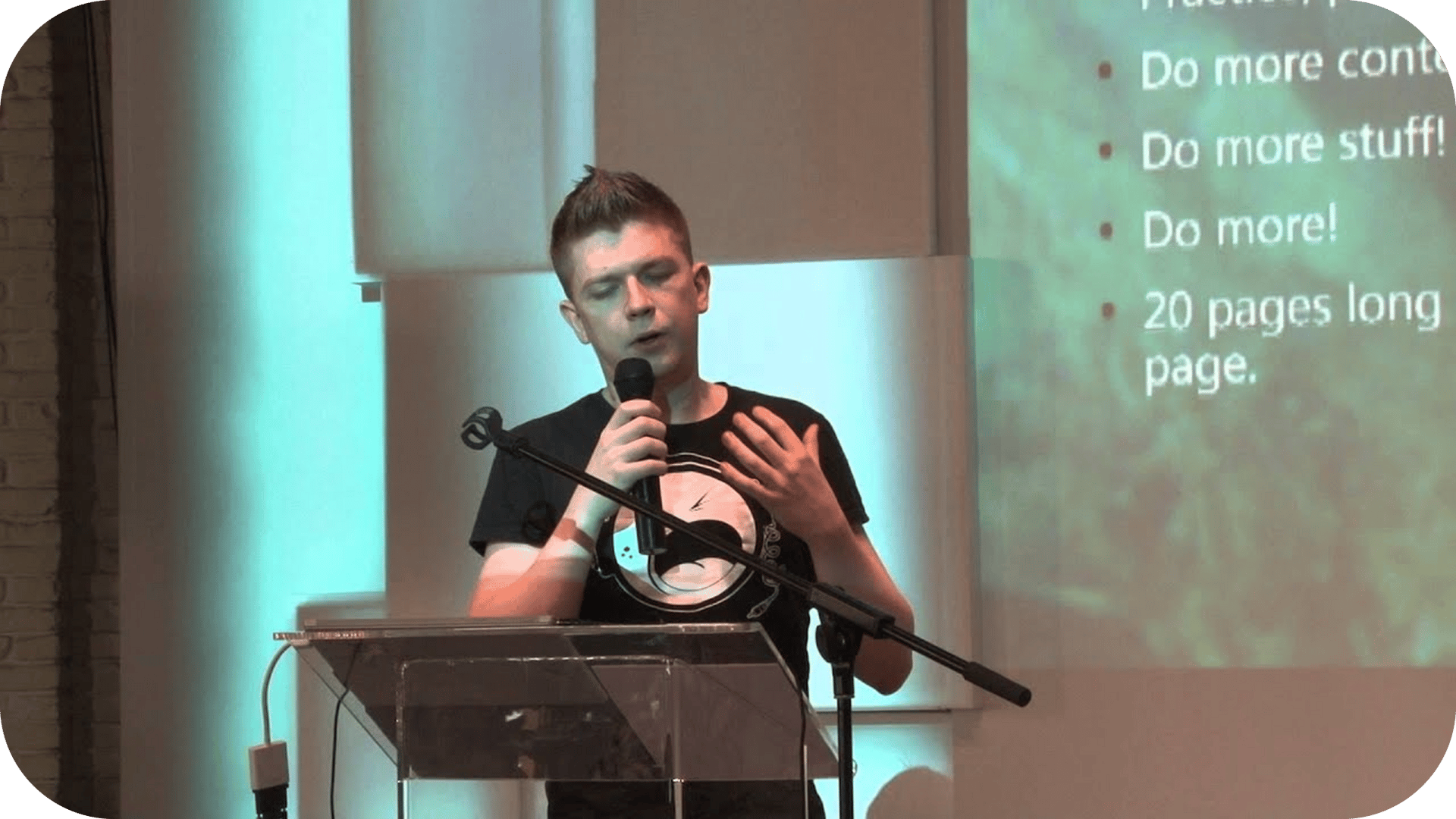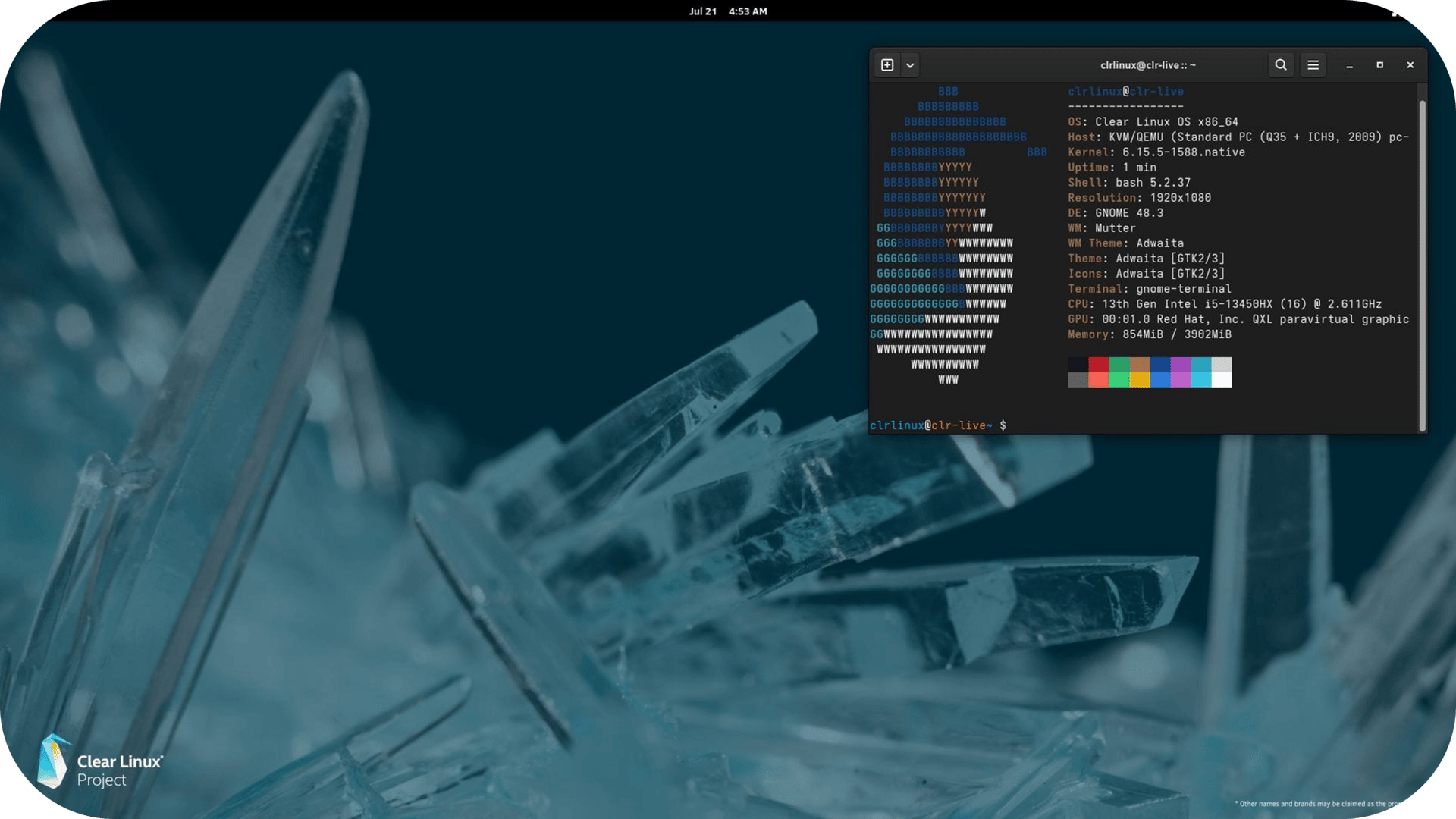- Dev Notes
- Posts
- Human Beats AI at Coding—But Barely
Human Beats AI at Coding—But Barely
PLUS: Clear Linux is Dead And It Sucks More Than You Think


Good Morning! A sleep-deprived human just out-coded an OpenAI model in a 10-hour brain-melting marathon—yes, really. Meanwhile, Intel pulled the plug on Clear Linux, breaking the hearts of performance nerds everywhere. And Python 3.14 just dropped its first release candidate, finally giving us GIL-free multithreading and a JIT, because dreams do come true.
Human Beats AI at Coding—But Barely

Context: In what feels like a modern retelling of the John Henry legend, Polish coder Przemysław Dębiak ("Psyho") just beat OpenAI’s custom model in the AtCoder World Finals Heuristic Contest. The 10-hour grind involved solving a brutally complex optimization problem—think NP-hard, no exact answers, just iterative improvements until your brain melts. OpenAI entered a beast of a model, similar to o3, into this head-to-head showdown. And guess what?
The human won. Barely.
Dębiak scored ~1.81 trillion points and OpenAI scored ~1.65 trillion. That’s a 9.5% edge—tiny, but enough. Also, this was not some comfy for Dębiak, he was sleep-deprived, coding for days across multiple contests. His response? “I’m barely alive.”
Why this matters:
AI tools like Copilot and Cursor are basically standard now, GitHub says 90% of devs use them.
In just one year, coding benchmarks saw AI jump from solving 4.4% of problems to 71.7%.
Yet, even with all that, human creativity still edged out algorithmic efficiency.
Clear Linux is Dead And It Sucks More Than You Think

Welp, it’s official. Intel just nuked Clear Linux, their in-house, performance-tuned distro. If you've ever benchmarked it, you know it was a beast—squeezing out jaw-dropping perf numbers on both Intel and AMD hardware. But in a very 2025 move, Intel dropped support out of nowhere. No more updates. No more security patches. GitHub's now in read-only mode. Time to migrate.
RIP to the distro that made your Ryzen CPU feel like it hit the gym. Intel’s statement was all “thanks for the memories” while waving the budget axe. They're still contributing upstream, apparently, and working with other distros. But let’s be real—Clear Linux was their sandbox for aggressive kernel tweaks, LTO, PGO, and everything perf nerds live for. Now that sandbox is gone.
Takeaways:
Clear Linux = officially sunsetted, effective immediately.
No more updates or security patches—seriously, move off it.
Intel says they’ll keep supporting Linux... just not this Linux.
Honestly, this hurts. Sure, most of us weren’t daily driving Clear, but it was a living example of what Linux could be with the right tuning. And now, between layoffs and driver maintainers walking out, it’s hard not to wonder where Intel’s Linux strategy is really headed.
Python 3.14 RC1 Is Here, Time to Test Your Code

Context: Python 3.14’s first release candidate (3.14.0rc1) has officially dropped, putting the language one step closer to its October launch. The ABI is now frozen for the entire 3.14 series, meaning if you’re building wheels against RC1, they should work just fine when the stable release hits. For now, only bug fixes will make it in.
Free-threaded CPython (PEP 779) is finally real. The GIL (Global Interpreter Lock) is effectively removed for many workloads, enabling true parallelism. Yep, your multi-core CPUs can finally stretch their legs without multiprocessing hacks.
Beyond the GILocalypse, 3.14 packs some seriously cool upgrades:
JIT compiler (experimental): macOS and Windows builds get an opt-in JIT that could speed up many workloads.
Multiple interpreters (PEP 734): Isolation and concurrency within a single process—think cleaner, safer parallel tasks.
T-strings (PEP 750): f-strings on steroids for custom string processing.
Syntax glow-up: except/except* without brackets, REPL syntax highlighting, and colorized output for
unittestand friends.
There’s also a new compression.zstd module, faster UUID generation (up to 40%!), a formally verified HMAC implementation, and a zero-overhead debugger interface (PEP 768).
RC2 is planned for August 26, and the final release drops October 7. If you maintain Python packages, now’s the time to test and publish 3.14-compatible wheels.
🔥 More Notes
📹 Youtube Spotlight

Was this forwarded to you? Sign Up Here